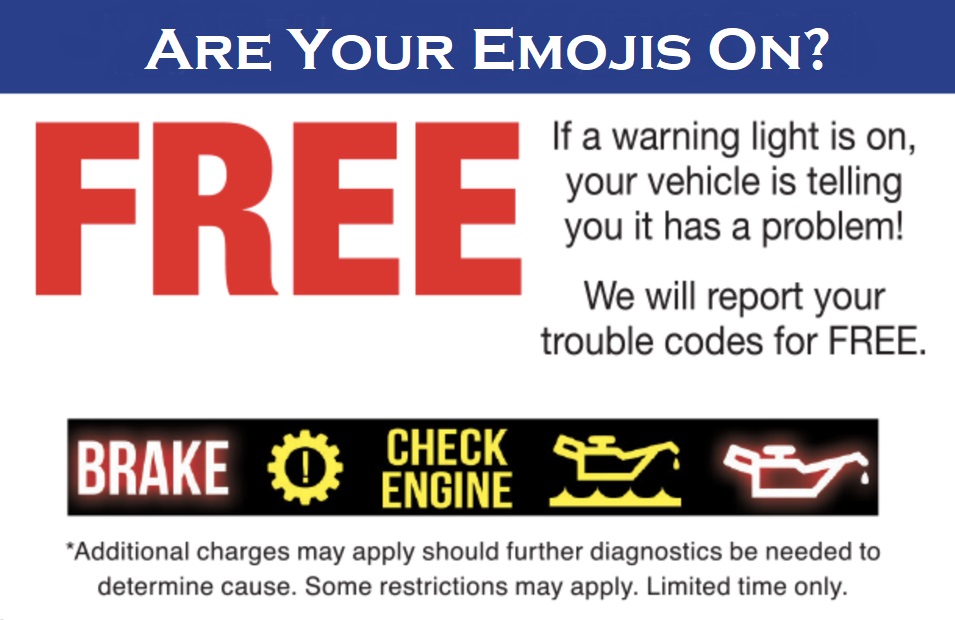Extreme Heat Can Be Hard on Your Tires
October 9, 2019 11:10 pm Leave your thoughtsWhen the weather gets hot, it can wreak havoc on the condition of your tires. After all, the hotter a tire gets, the more likely you are to experience a blowout or some other form of tire failure. The heat results in pressure building up inside the tire, and if you’re already traveling fast and exposing your tire to quite a bit of friction-related heat, that means there is a danger of a blowout. High-speed driving, aggressive turning and frequent braking are all types of driving behaviors that can become dangerous quickly in very hot weather.
Therefore, while you’re dealing with heat waves, it’s important to include checking the air pressure in your tires as part of your summer vehicle maintenance in Chino, CA. It’s a good idea to keep a pressure gauge in your vehicle at all times so you can check your tires at your leisure. Make sure you keep the level of inflation to the specifications in your manufacturer’s instructions or on the vehicle’s door placard.
Underinflated tires also increase the risk of tire blowouts. The reason for this is that underinflated tires have more contact with the ground (think of how a flat tire looks when you see it), which results in more friction buildup at higher speeds. More friction means more heat, which means a higher risk of blowouts in seriously hot conditions. This is especially true if you have badly worn or old tires—even if you’re driving safely, worn-out tires are much more prone to blowouts and failure than tires that are new and have a good amount of tread on them.
With this in mind, here are a few tips you should follow to make sure your tires don’t give you any trouble when the weather gets hot:
- Regularly check your tire conditions: Do a walkaround of your vehicle every now and then and analyze the condition of your tires. Be on the lookout for bulges, cracks or worn tread, all of which are signs that you need to replace your tires. The manufacturer dates on the tires can also tell you how old they are, which will in turn tell you how likely they are to be impacted by heat.
- Check your pressure: We mentioned this already, but it’s crucial that you regularly check the air pressure in your tires. It’s a good idea to inflate your tires at least once a month up to the manufacturer’s specifications. This will help you keep your tires in good condition longer so you can delay the purchase of new tires, which can be expensive.
- Inspect valve caps: The metal valve caps on your tires could potentially weld on to the tire valves themselves when the weather gets hot, which obviously would make it difficult for you to use a pressure gauge or fill up the air in your tires.
For more information about how we can help with summer car maintenance in Chino, CA, contact the team at Gabriel’s Automotive & Towing today.
Categorised in: Car Maintenance, Tires in Chino CA
This post was written by Writer

